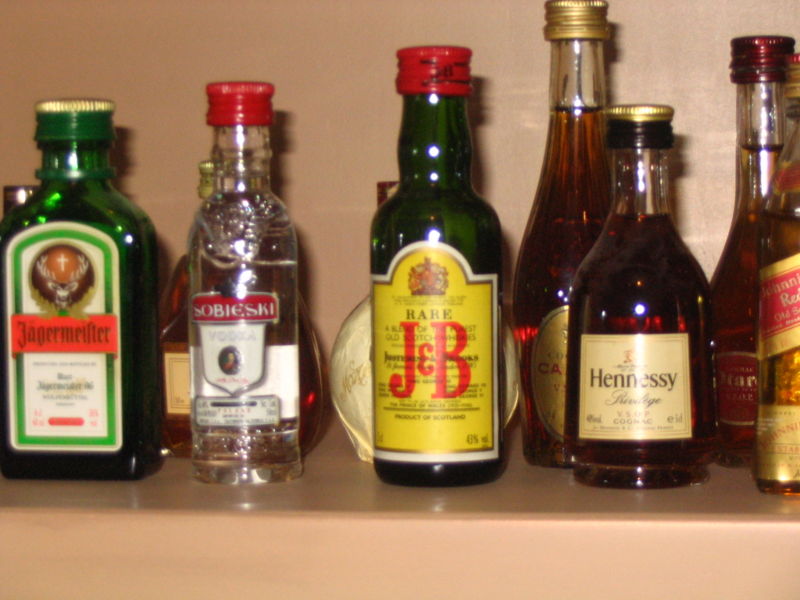The signs and symptoms of alcohol dependence is barbiturate intoxication,as are the signs and symptoms of abstinence of these drugs.In addition, barbiturates will suppress the effects of alcohol withdrawal, and alcohol will suppress, at least partially, the symptoms of barbiturate withdrawal.
Drug dependence of the alcohol-type may be said to exist when the consumption of alcohol by individuals exceeds the limits that are valid in their culture, if they consume alcohol at times that are deemed inappropriate within that culture, or if their intake of alcohol becomes so great as to injure their health or impair their social relationships.
Since the use of alcoholic beverages is a relatively normal part of the cultures of many countries, dependence on alcohol is usually apparent as an exaggeration of culturally accepted drinking patterns.
The manifestations of dependence vary accordingly, depending on how the particular society views the use of alcohol.Psychological dependence on alcohol occurs in all degrees. In the mildest grade, alcohol is missed or desired if not available at meals or at social functions.A moderate degree of psychological dependence exists when the individual feels compelled to drink in order to work or to participate socially and takes steps to ensure a supply of alcohol for these purposes.
The Role Of Alcohol Dependence In Medicine You Must Know
Strong dependence is present when amounts are consumed that far exceed the cultural norm, drinking takes place in situations that culturally do not call for it and the person is obsessed with maintaining a supply of alcohol, even to the extent of drinking unusual or poisonous mixtures.Tolerance to alcohol does develop. During continuous drinking, there is a slight but definite increase in the amount of ingested alcohol required to maintain a given blood level.In addition, some physiological adaptation occurs so that the alcoholic appears less intoxicated and is less impaired in performance tests at a given concentration of blood alcohol than is a non-alcoholic.
Characteristics
The characteristics of drug dependence of the alcohol-type are:
- Psychological dependence, varying in degree from mild to intense.
- The development of a definite physical dependence that can, however, generally be detected only after the consumption of amounts considerably above the usual socially acceptable levels.
Following the reduction of intake below a critical level, characteristic withdrawal symptoms occur that can be largely suppressed by the administration of a barbiturate-like agent.
- The development of tolerance that is irregular and incomplete, so that there is a considerable persistence of disturbances in behavior dependent on the drug effects of the alcohol.
- A frequent consequence of alcoholism is physical illness, particularly of the liver.
